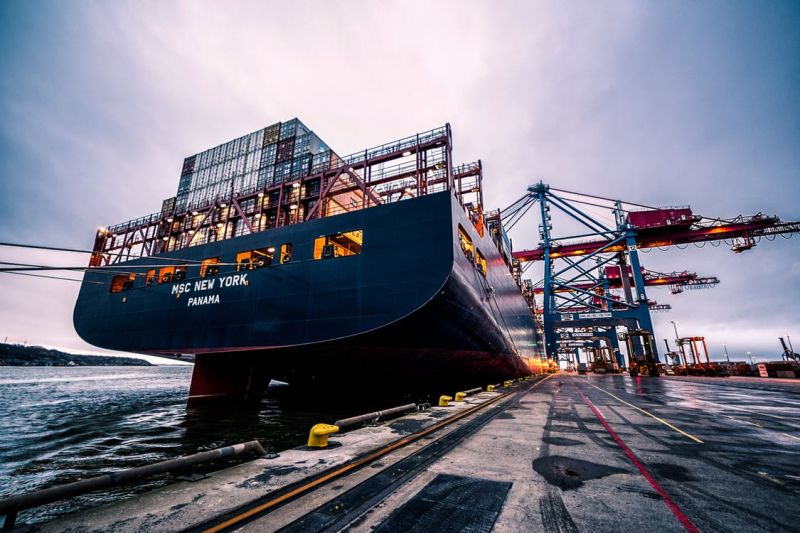Omnichannel logistics to make a difference in 2025
The market is on the rise, competition is growing, and consumers are becoming more demanding than ever. High time to wipe down the classic marketing options of differentiating and being cost-driven. Many webstores found success in offering low prices – however, this is a long-term strategy that is only feasible for a happy few.

More and more, webstores will try to set themselves apart by service and delivery. This will mean an ever-increasing myriad of delivery options. For example, the choice to have something delivered within the hour with low CO2 emissions. In turn, this increases the complexity of logistics. At the same time, physical stores are trying to find their value added in a world of ecommerce.
The Innovation & Omnichannel E-fulfilment expert group – part of research platform ShoppingTomorrow – has determined that these things will happen in relation to logistics in the years ahead:
- Seamless integration of logistics for stores and webstores, to produce profitability of webstores and a continuing presence for physical stores.
- Webstores will start working with a great number of logistics providers, who in turn will start cooperating with each other. Environmental concerns will matter greatly in this process.
- ICT-platforms will be important in relation to sharing information and making advanced algorithms available. These algorithms will ensure the logistical diversity will be effective and efficient in its execution.
Omnichannel logistics
We are familiar with the term ‘omnichannel’, mainly from the fields of marketing and customer experience. When we look at service and logistics, the omnichannel mindset is still in its infancy. Online order procedures are often separate from the delivery procedures for keeping instore stock up to date. In fact, seamless integration of logistics for stores and webstores can ensure profitability of webstores and a continuing presence for physical stores.
In order to cope with the complexity and diversity of logistics in 2025, several independent chain management platforms will emerge. They will maintain the required data access, transparency and understanding for all the involved parties in the supply chain. Several decision-making models will also be connected with the available information. Choices for the consumer will be made visible, based on the decision model, with the consumer being in charge of their options, including sustainable ones.
Logistics providers working together will be more necessary than ever, in order to provide good service and spare the environment at the same time. That is why the expert group is presenting a Last-Mile Delivery model in its blue paper, for making decisions that achieve a balance between service and the environment. Download the blue paper by the expert group Innovation & Omnichannel E-fulfilment for more information on omnichannel logistics and the LMD model. This expert group was powered jointly by Fontys and University of Groningen.